December 2024
Detection or Deception: The Double-Edged Sword of AI in Research Misconduct
New artificial intelligence tools help scientists fight back against a rising tide of research misconduct, but is it enough?
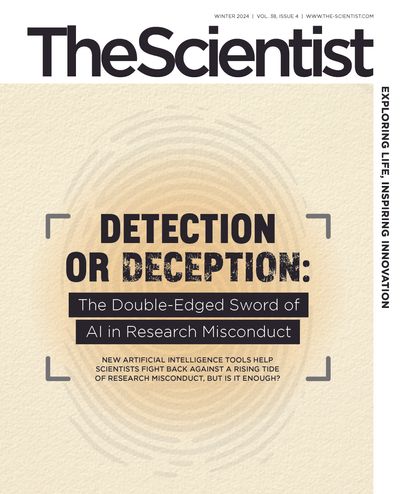
New artificial intelligence tools help scientists fight back against a rising tide of research misconduct, but is it enough?
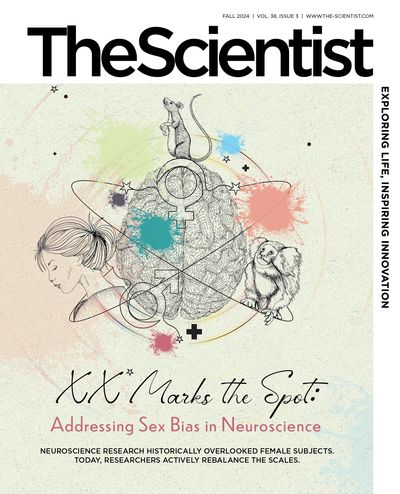
Neuroscience research historically overlooked female subjects. Today, researchers actively rebalance the scales.
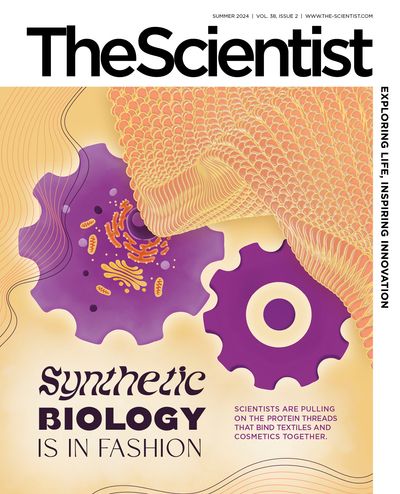
Scientists are pulling on the protein threads that bind textiles and cosmetics together.
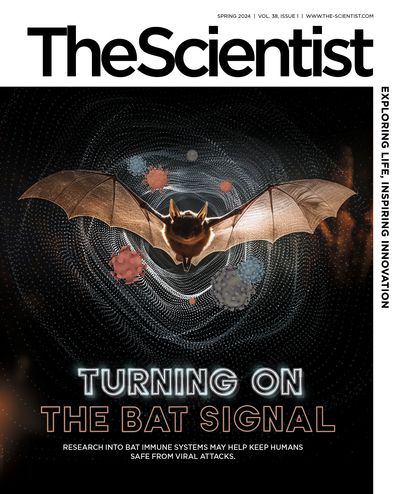
Research into bat immune systems may help keep humans safe from viral attacks.
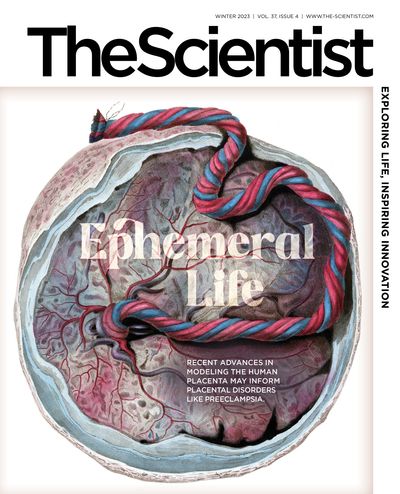
Recent advances in modeling the human placenta may inform placental disorders like preeclampsia
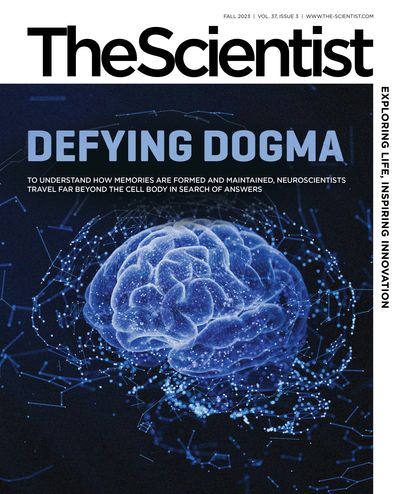
To understand how memories are formed and maintained, neuroscientists travel far beyond the cell body in search of answers.
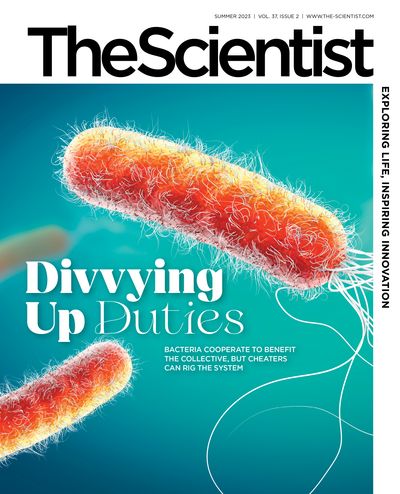
Bacteria cooperate to benefit the collective, but cheaters can rig the system
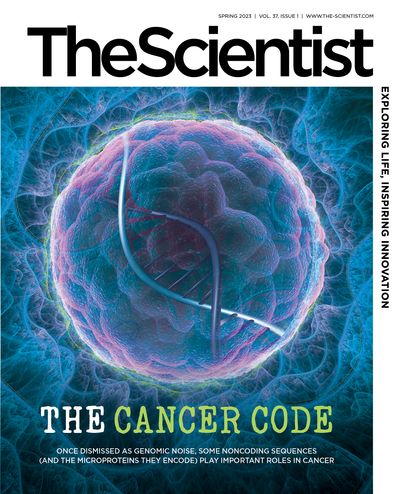
Once dismissed as genomic noise, some noncoding sequences (and the microproteins they encode) play important roles in cancer
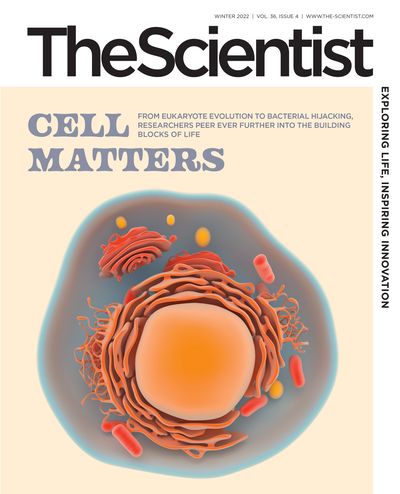
From eukaryote evolution to bacterial hijacking, researchers peer ever further into the building blocks of life
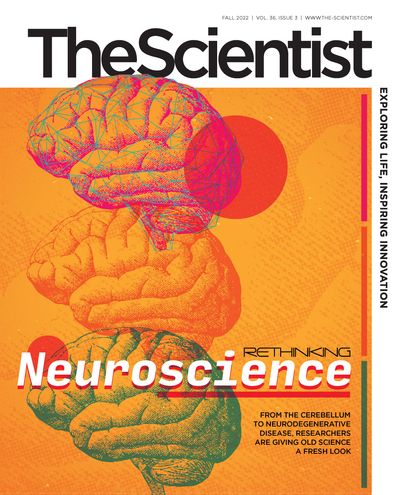
From the cerebellum to neurodegenerative disease, researchers are giving old science a fresh look
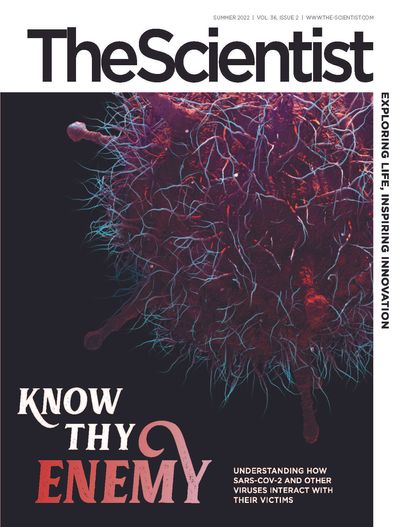
Understanding how SARS-CoV-2 and other viruses interact with their victims
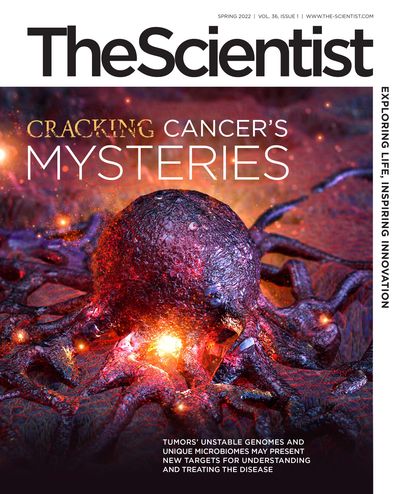
Tumors’ unstable genomes and unique microbiomes may present new targets for understanding and treating the disease
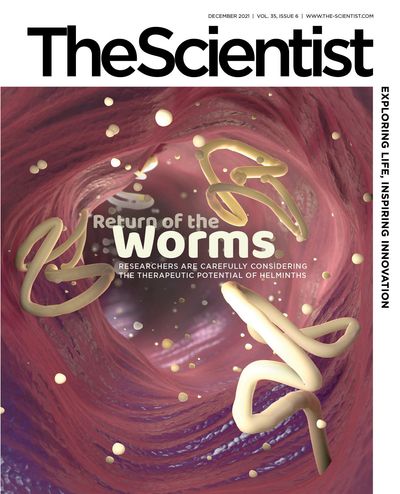
Researchers are carefully considering the therapeutic potential of helminths
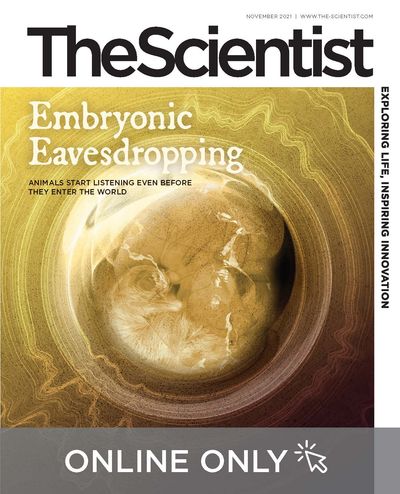
Animals start listening even before they enter the world
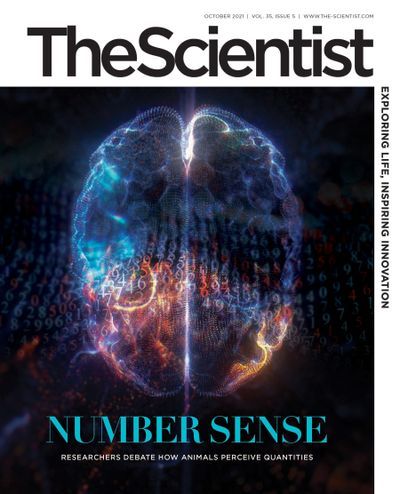
Researchers debate how animals perceive quantities
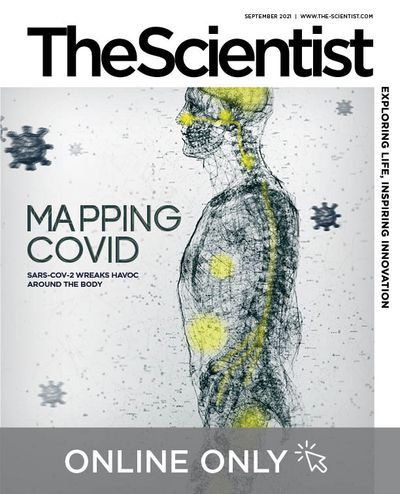
SARS-COV-2 wreaks havoc around the body
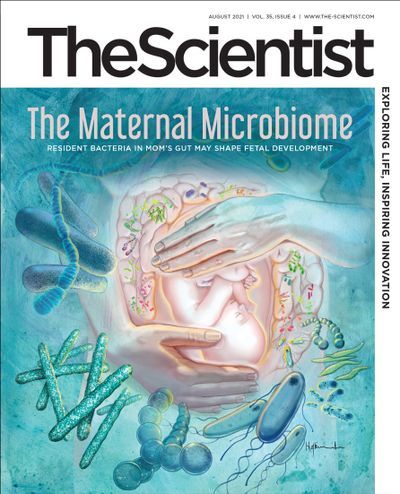
Resident bacteria in mom’s gut may shape fetal development
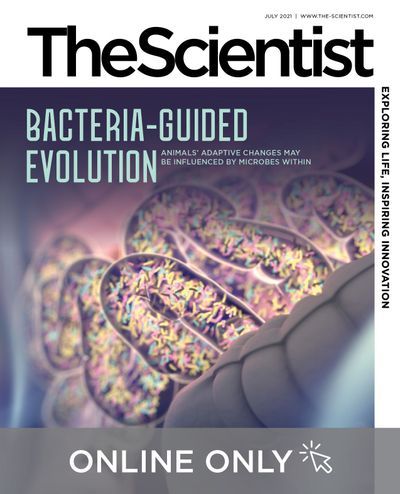
Animals' adaptive changes may be influenced by microbes within
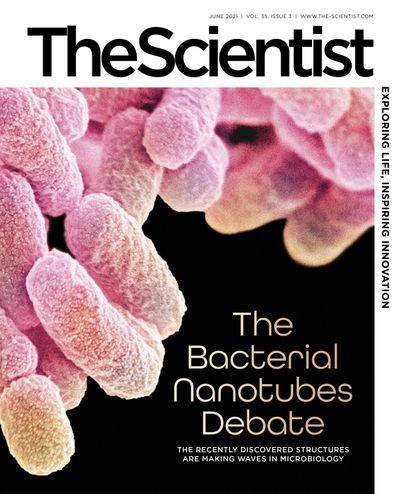
The recently discovered structures are making waves in microbiology
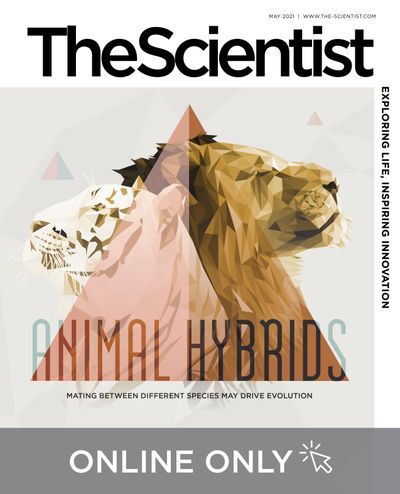
Mating between different species may drive evolution